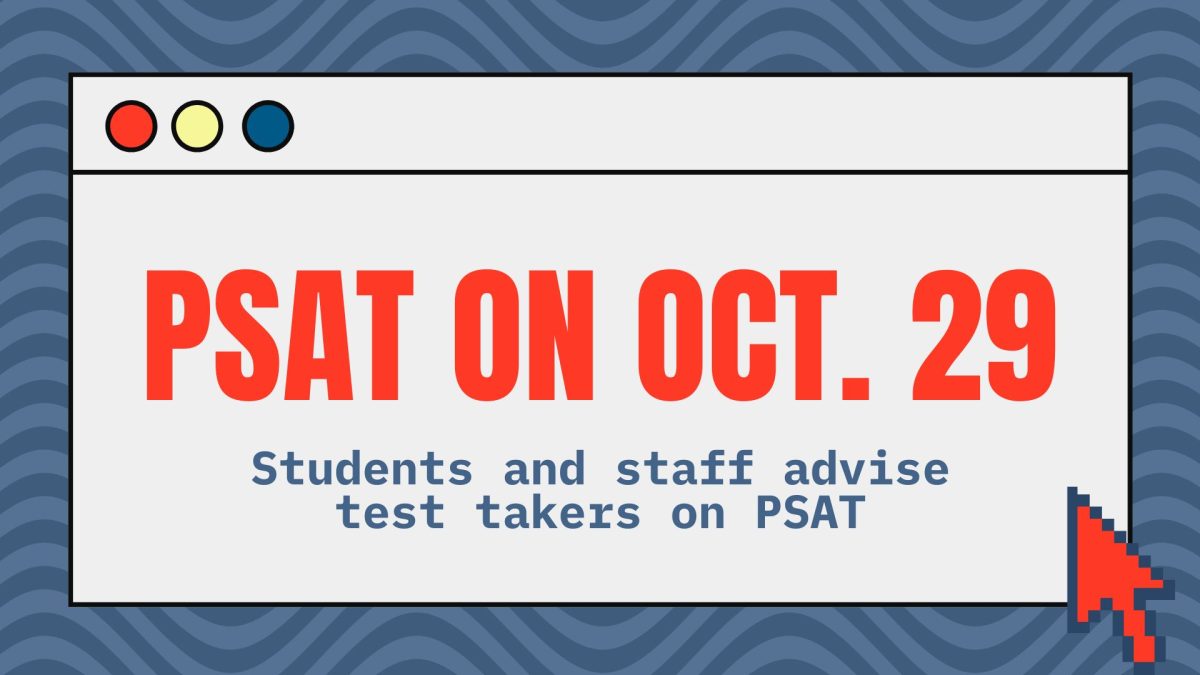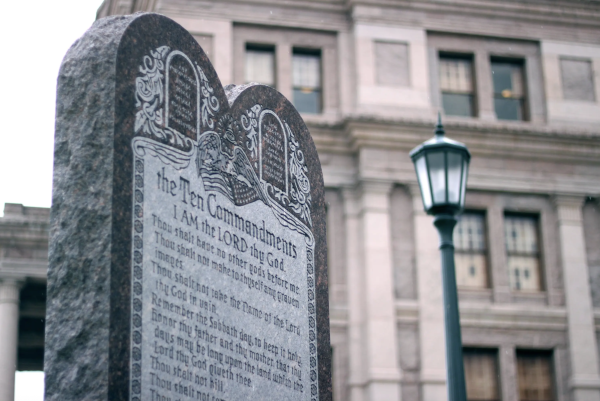What about airlines?
Government response to travel issues
April 14, 2020
As the number of cases of COVID-19 is exploding across the world, many governments are closing down borders and limiting travel with little to no warning. While these can be effective measures in preventing the spread of disease, they make it extremely difficult for people already abroad to get back home. And while closing borders is part of the problem, equal blame lies on airlines. Although they have received a massive government bailout, U.S. airlines are still not operating flights to get citizens home. Although they are private companies, during this unprecedented time of crisis, they have a responsibility to help citizens return to the country.
This responsibility largely stems from what they have received in this bailout. To help continue operations and keep staff employed, the U.S. government has given $60 billion to the airline industry. Receiving this federal money, sourced from U.S. citizens, creates a responsibility that should override an airlines’ status as a private company. Even if is not the most profitable move to fly empty planes into a foreign country to fly citizens out, it is unbelievably helpful to the approximately 50,000 U.S. citizens that the State Department says are stranded abroad.
Additionally, although it may initially seem like these flights would cost the airlines money, it is not unrealistic to say that flights like these may be the only business commercial airlines will receive for the foreseeable future. The rate of infection for this disease is only increasing, and movement will become more and more restricted as it progresses. Taking the business that stranded Americans are providing is doing nothing but help airlines that would otherwise be completely out of business.
The most important reason flights like these are necessary is simply because there are no other options. While some private chartered flights are available, these costs are unrealistic for a majority of people, especially as they rise due to the high demand. And, being stuck in a foreign country during times like these is an extremely insecure position to be in. Many stranded Americans have to live in hotels or Airbnbs, with no assurance of how long these will remain open and no certain way of obtaining resources. Along with this, not holding citizenship makes it extremely dangerous if one becomes infected, as there are no assurances as to what treatment people will receive at the hands of a foreign government.
A valid concern of airlines that would otherwise be willing to make these flights is the health of airline staff. However, these flights would only need to happen for a small window of time until people were returned home, and are primarily from places with low infection rates. Many South American countries, where the majority of stranded U.S. citizens are, have extremely low rates of COVID-19 cases and have shut down largely as preventative measures and not attempts at controlling a preexisting problem. The benefits of ensuring people’s return home outweighs the small risk presented by this kind of travel.
And, although idealistic, it is humanity’s responsibility in a time of global crisis to come together and help each other through it. Business and profit should only be a concern once people are safe at home, and it is everyone’s moral responsibility to ensure that. Providing assistance to those in need is something that airlines are both capable of and responsible for. By flying emergency flights to help as many Americans as possible to return home, airlines would be fulfilling this responsibility in a time of great need.







